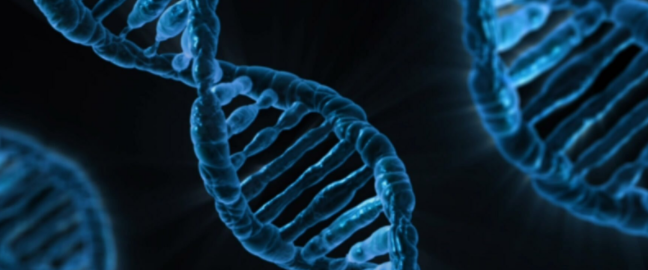How Genetics Affect Mental Health and Addiction
December 9, 2021
Mental illness and addiction typically go hand in hand, and the numbers are there to prove it. A staggering 9 million people struggle with both mental illness and substance abuse, and only about 7%, or 630,000 people of that 9 million, actually seek help and treatment for both problems. Of course, it’s no secret that these conditions co-exist, but where do they come from? Fortunately, researchers have increasingly become more focused on the root causes of these issues, and, in a lot of cases, have found one recurring factor; genetics.
Scientists have long recognized that psychiatric disorders have potential links to genetic roots, and it has also been proven that your susceptibility to psychiatric disorders or addiction is based on your genetics and your environment. The way you process an addictive substance is even dependent on your brain’s reward system, or your dopamine, and it so happens that this part of your brain is directly affected by these factors. It has also been proven that genetics merely heighten an individual’s chances of developing a disorder that may run in the family.
Bipolar disorder, for example, is a mental health disorder that is characterized by extreme mood swings. Though environmental factors do affect whether someone develops this disorder or not, an estimated 70-90% of all reported cases of bipolar disorder have been attributed to genetic basis, making it one of the most highly genetically inherited disorders. Another example of this would be schizophrenia, which has an estimated amount of 70-80% genetic heritability. It is clear that there is some kind of pattern, especially found in those with psychiatric disorders. For instance, an individual with a family history of depression is typically much more likely to develop depression than an individual without that history.
Addiction, on the other hand, can be a much more dangerous and slippery slope. At least half of a person’s vulnerability to substance abuse can be linked to genetics, and can directly affect how your body processes it. The speed at which a person’s body can metabolize drugs can directly be influenced by genes, but that’s not all. Genes also play a role in how quickly someone can get addicted to a substance, and how quickly they can stop abusing the substance.
If someone were to ask if a mental health disorder or addiction can be inherited, the simple answer would be yes. However, the much more complicated and realistic answer would be that it depends on the person. It is more accurate to say that genetics simply sway the individual into being more likely to develop a disorder of this sort, but not to say that it is always the deciding factor.
Instead, disorders like this are more commonly described as a gene-by-environment interaction, meaning that a genetic predisposition to a disorder does not guarantee the development of it if the environment is not suitable. “You can be genetically predisposed but never develop a substance use disorder because you live in a protective environment.” Kathleen Brady, MD, PhD, says in the article 3 Things Genetic Testing Can Tell Us About Addiction.
All in all, genetics do, in fact, affect both mental health and addiction. It doesn’t assure that an individual will develop a disorder simply because of family history, but it just makes it more likely, and in some cases, more severe. It is important to keep track of your family’s history with mental disorders or addiction so that one can gain insight on what they may be predisposed to, and, if necessary, be on the road to recovery as soon as possible.




